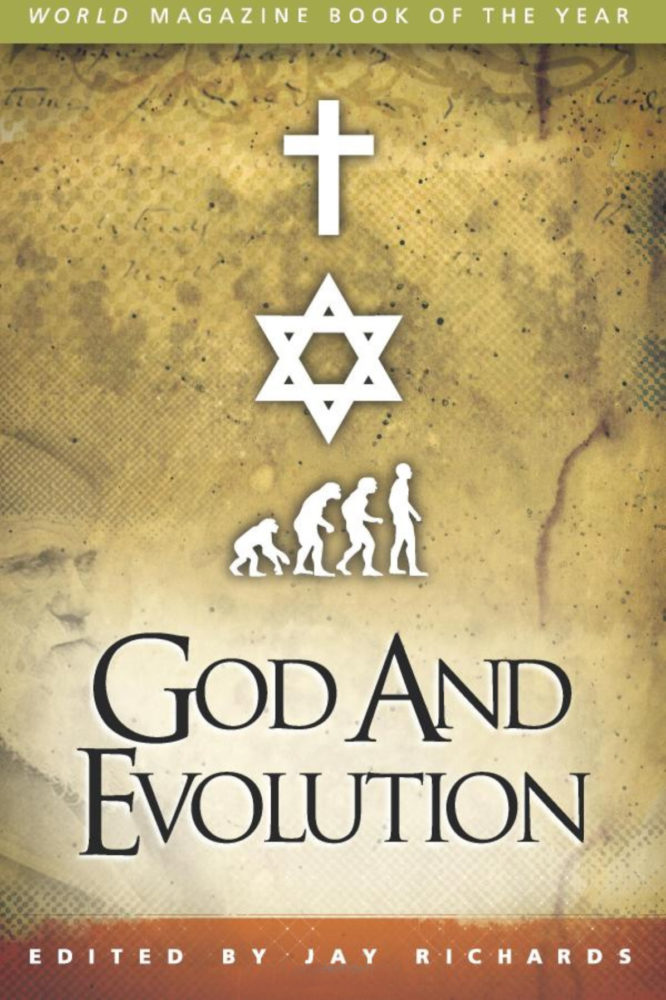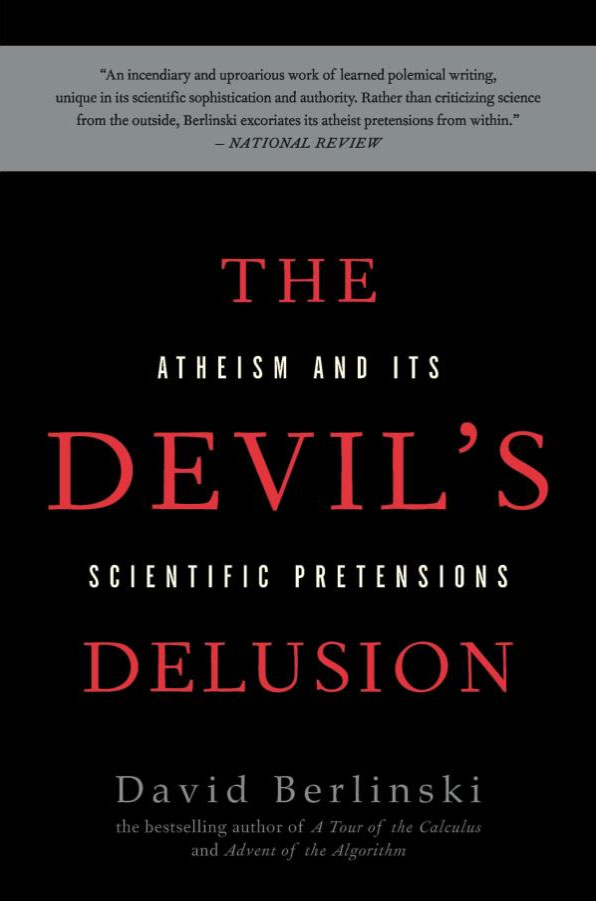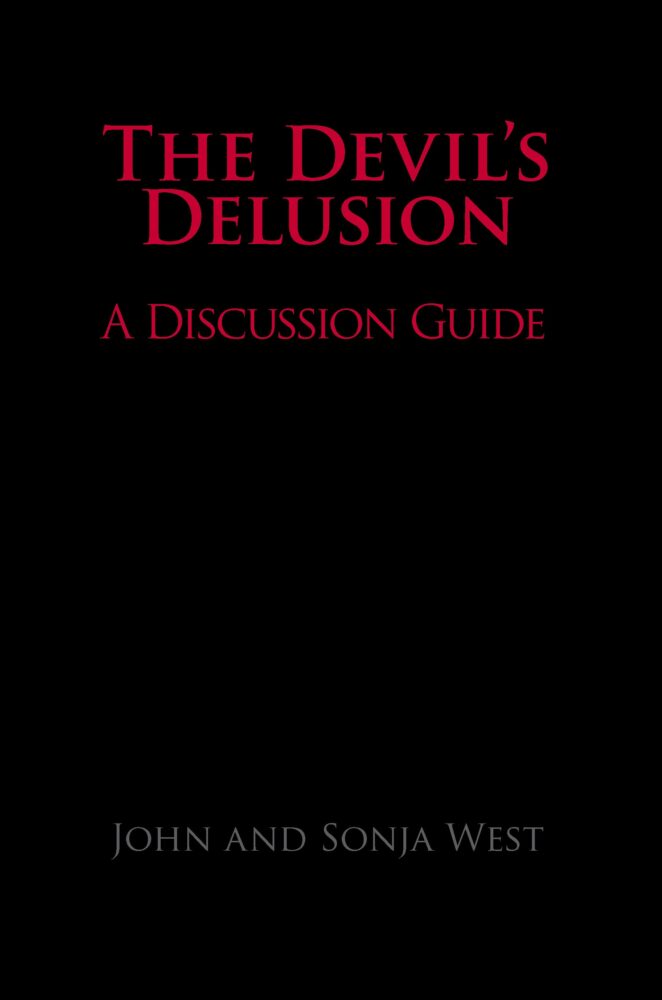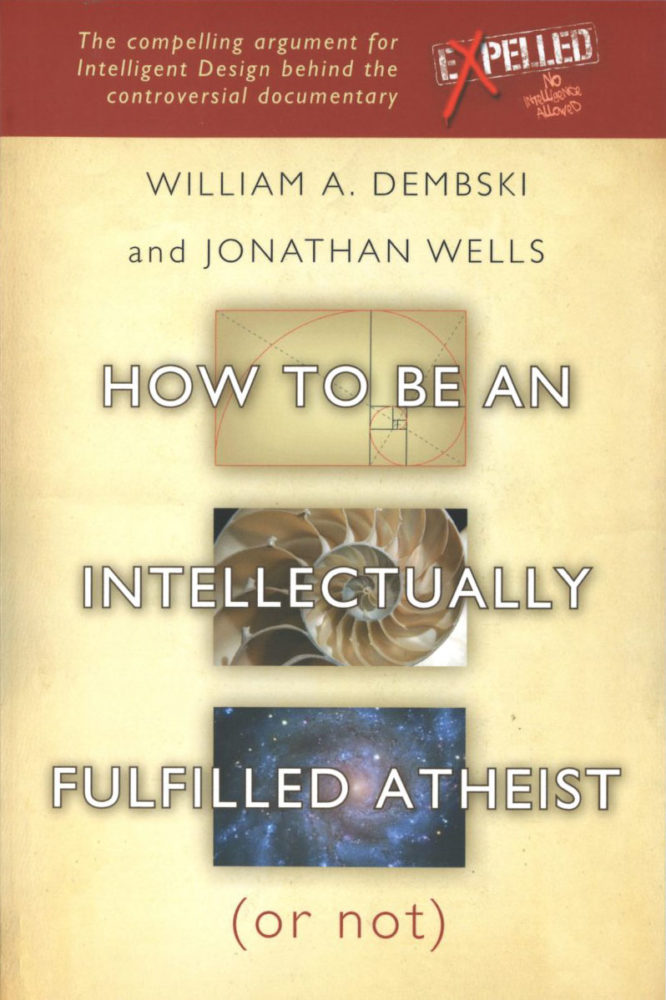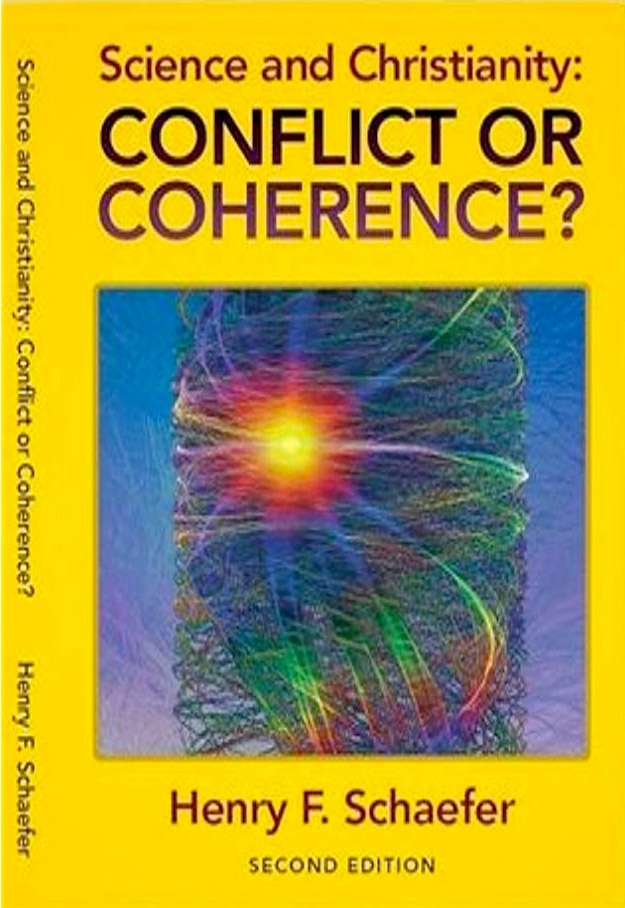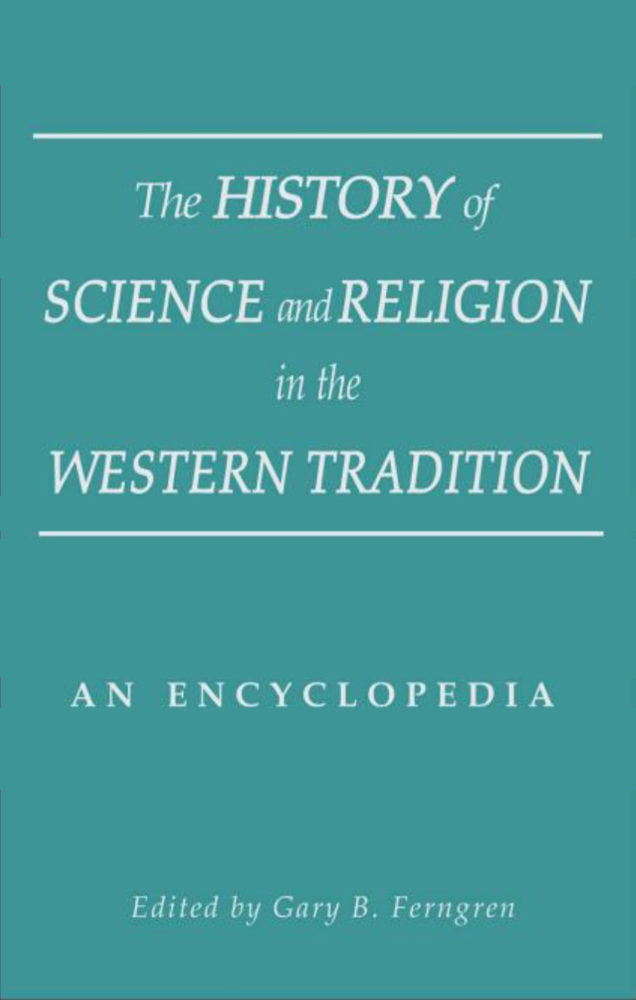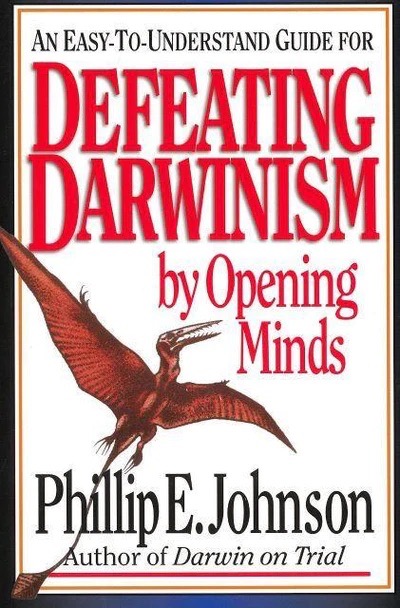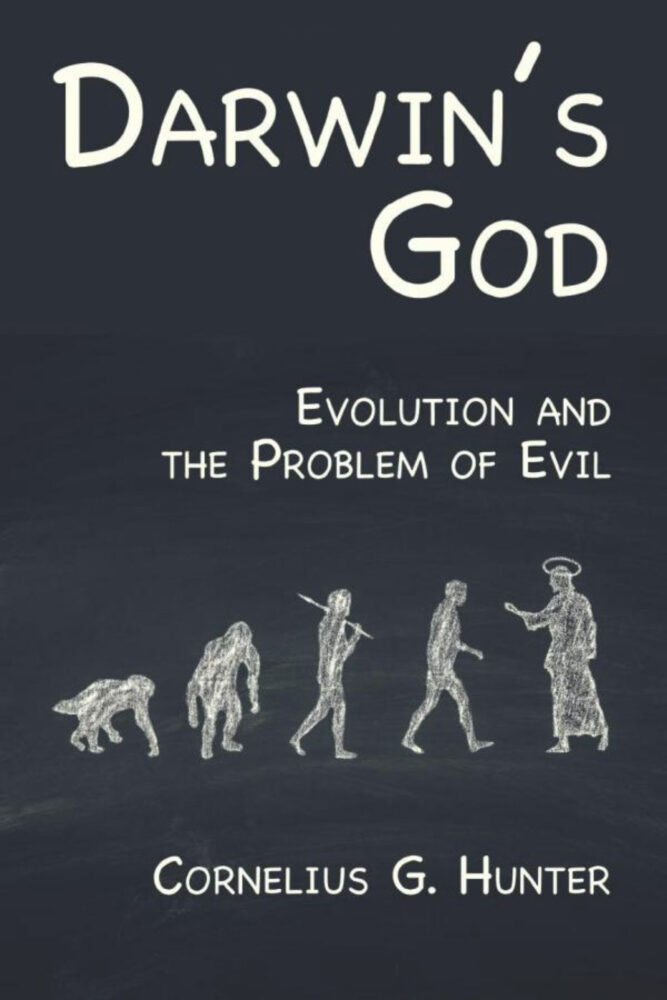
A Scientific Analysis of Karl Giberson and Francis Collins’ The Language of Science and Faith
Part I: Francis Collins’ Junk DNA Arguments Pushed Into Increasingly Small Gaps in Scientific Knowledge Recently I wrote an article explaining that both atheistic and theistic evolutionists have relied heavily on “junk DNA” — specifically pseudogenes — to argue against intelligent design (ID). In his 2006 book The Language of God, leading theistic evolutionist Francis Collins made such an argument, Read More ›
